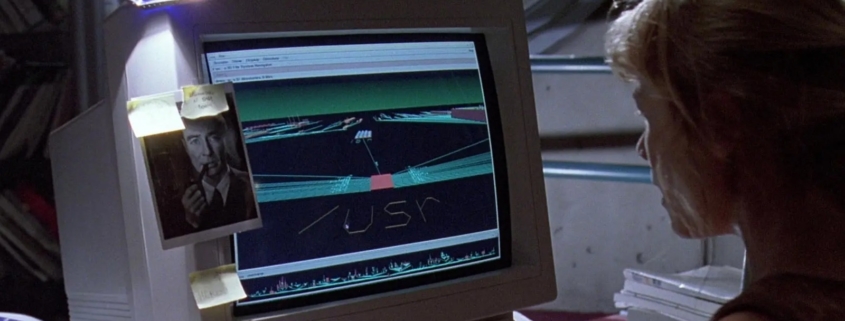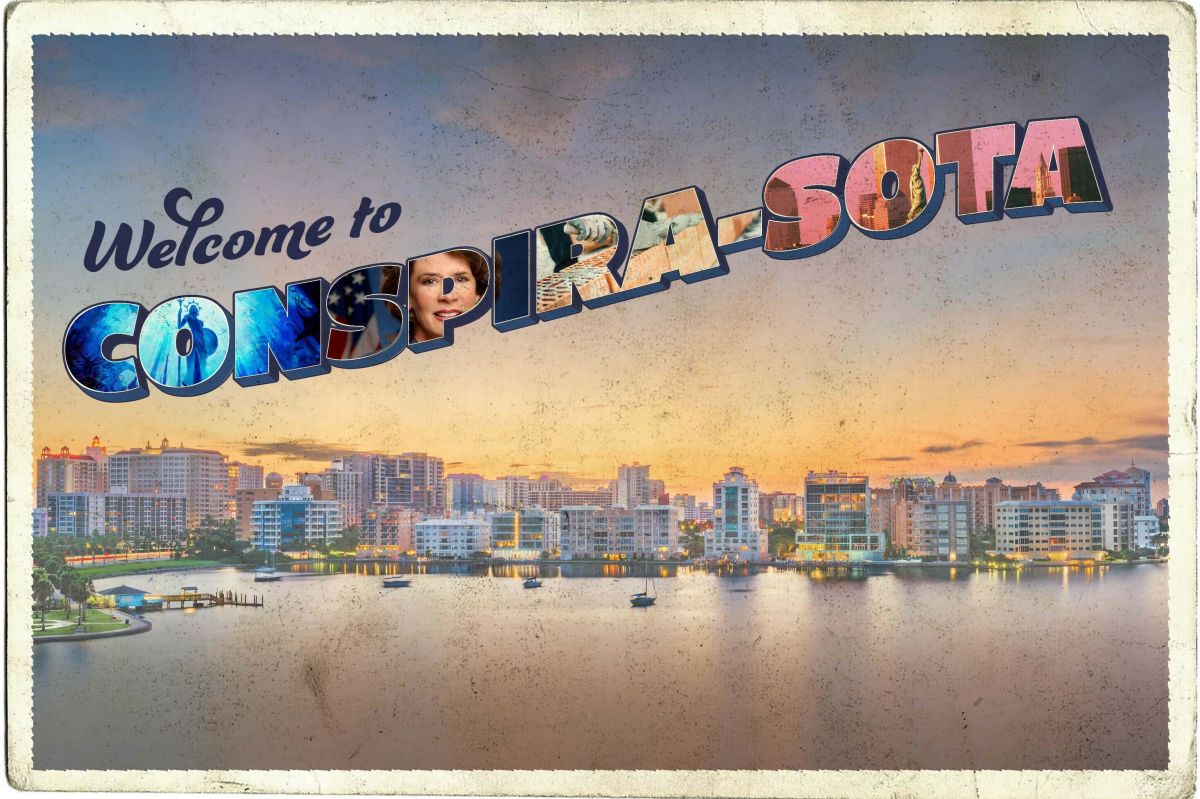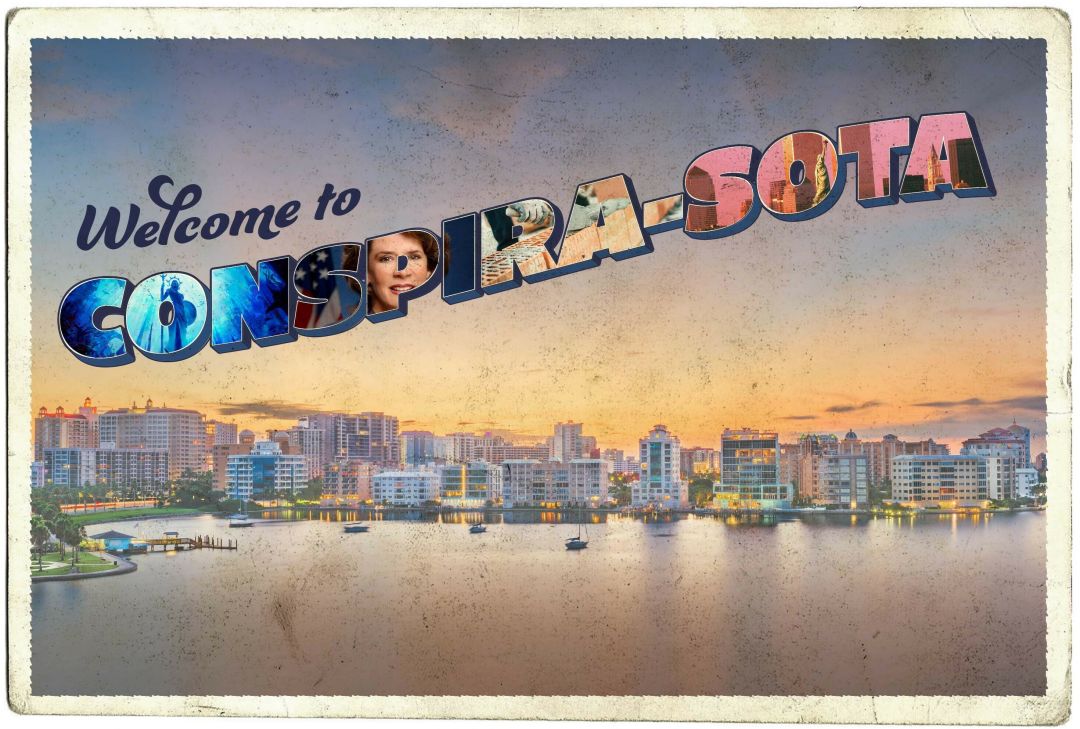So just about a year ago the Mexican court system decided to ban all Roku streaming hardware from being sold in Mexico. The ban was the result of legal action taken by Mexican cable company Cablevision, which accused Roku of facilitating piracy. How? While Roku devices are more locked down than many of the more open home media PC solutions (also the target of endless pearl clutching and hyperventilation by the entertainment industry), users can install certain unofficial, third-party “private” channels that provide access to pirated live streams of cable content.
While Roku went out of its way to try and lock down their hardware, some users paid hackers a few bucks to crack open and modify the devices anyway, letting them access the dubious third-party channels in question. While this obviously wasn’t Roku’s fault, Cablevision believed Roku should be punished for the behavior of the company’s customers, and declared it was doing Mexican consumers a public service:
“Cablevision cannot allow the content that it licenses from domestic and foreign companies to be illegally used,” Cablevision spokeswoman Maria Eugenia Zurita told Reuters via email. “We would also like Roku Inc to better supervise the use of its software so that it’s not used inappropriately.”
Roku quickly appealed, and while a federal judge initially overturned the ban, a subsequent ruling restored it, so the ban has been in place for the better part of the year, costing Roku a notable sum. Roku subsequently jumped through all manner of hoops in a bid to please the courts, including building a new internal team specifically dedicated to cracking down on piracy, posting notable warnings to users who decide to install unofficial channels, and renaming the channels from “private” to “non-certified” in a bid to make it even more obvious Roku wasn’t sanctioning the behavior of its users.
Fast forward to this week, and the 11th Collegiate Court in Mexico City has ruled to again overturn the ban, opening the door to Mexican consumers being able to, you know, buy whatever hardware they like and use the devices as they see fit.
“The Court reportedly acknowledged Roku’s efforts to keep pirated content away from its platform, an opinion also shared by Cablevision. However, should pirate channels appear on Roku in the future, Cablevision warned that it would take further legal action to have those sources blocked via the Mexican Institute of Industrial Property and other local authorities.”
Again, consumers are just using a computer to access content online, and what that content is really shouldn’t really be seen as Roku’s responsibility. The irony here is that Roku has spent a lot of time kissing up to entrenched cable operators here in the States, helping them scuttle efforts to make traditional cable boxes more open. Of course much like the cable industry, the more locked down Roku makes its products, the more likely consumers are to flock to products that actually let them do what they want, which obviously doesn’t necessarily include piracy.
The same hysteria surrounding Roku has been doubly-applied to programs like Kodi, which (in much the same way that Roku is just a computer) is just software that (with the help of plugins) can be used to access copyrighted content… and a laundry list of other things. This nannyish approach to what hardware and software can be used and how is an unproductive and expensive game of Whac-a-Mole, which is why we’ve pretty consistently argued that embracing openness and innovation tends to be a notably more productive and profitable solution.
Permalink | Comments | Email This Story
Techdirt.


